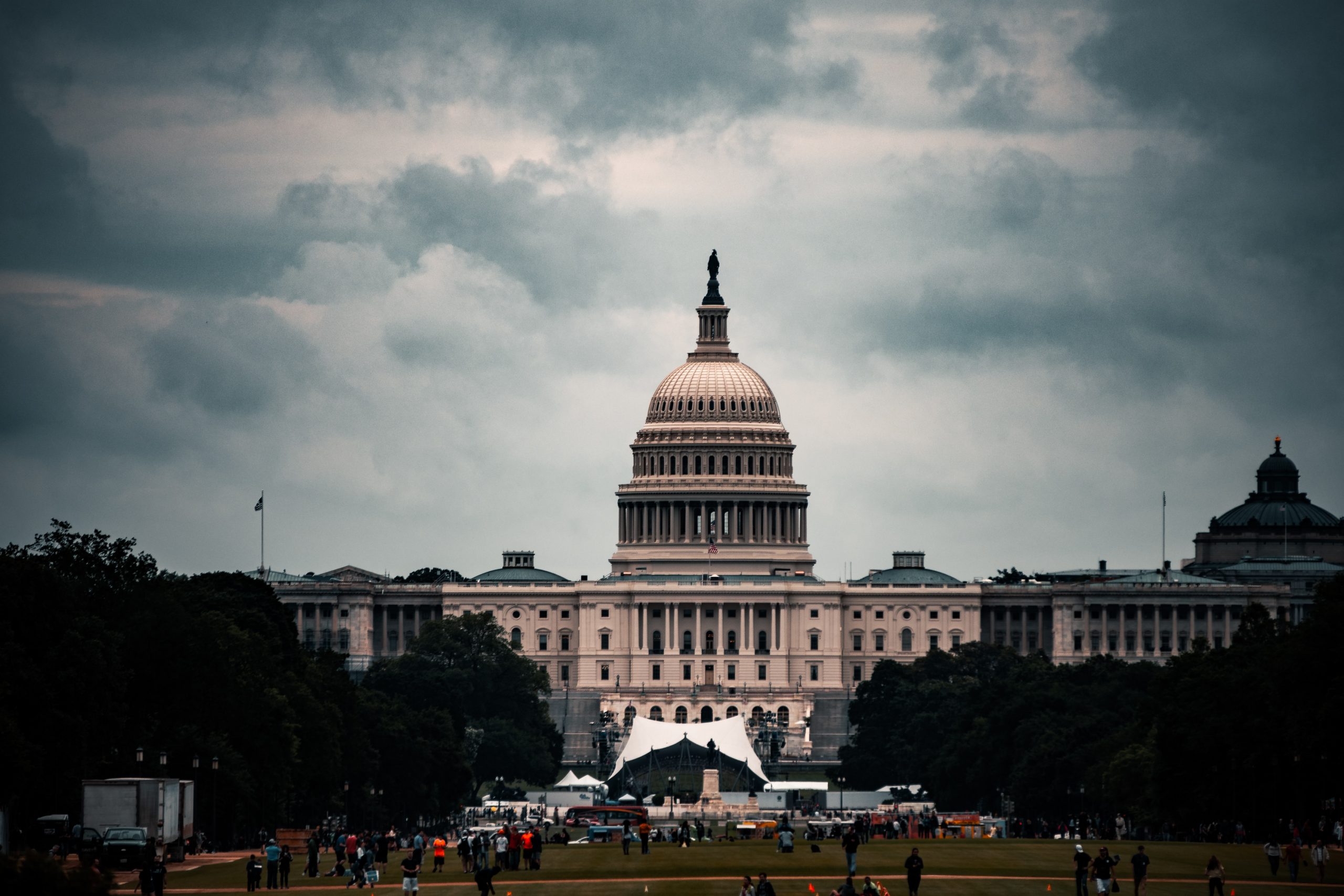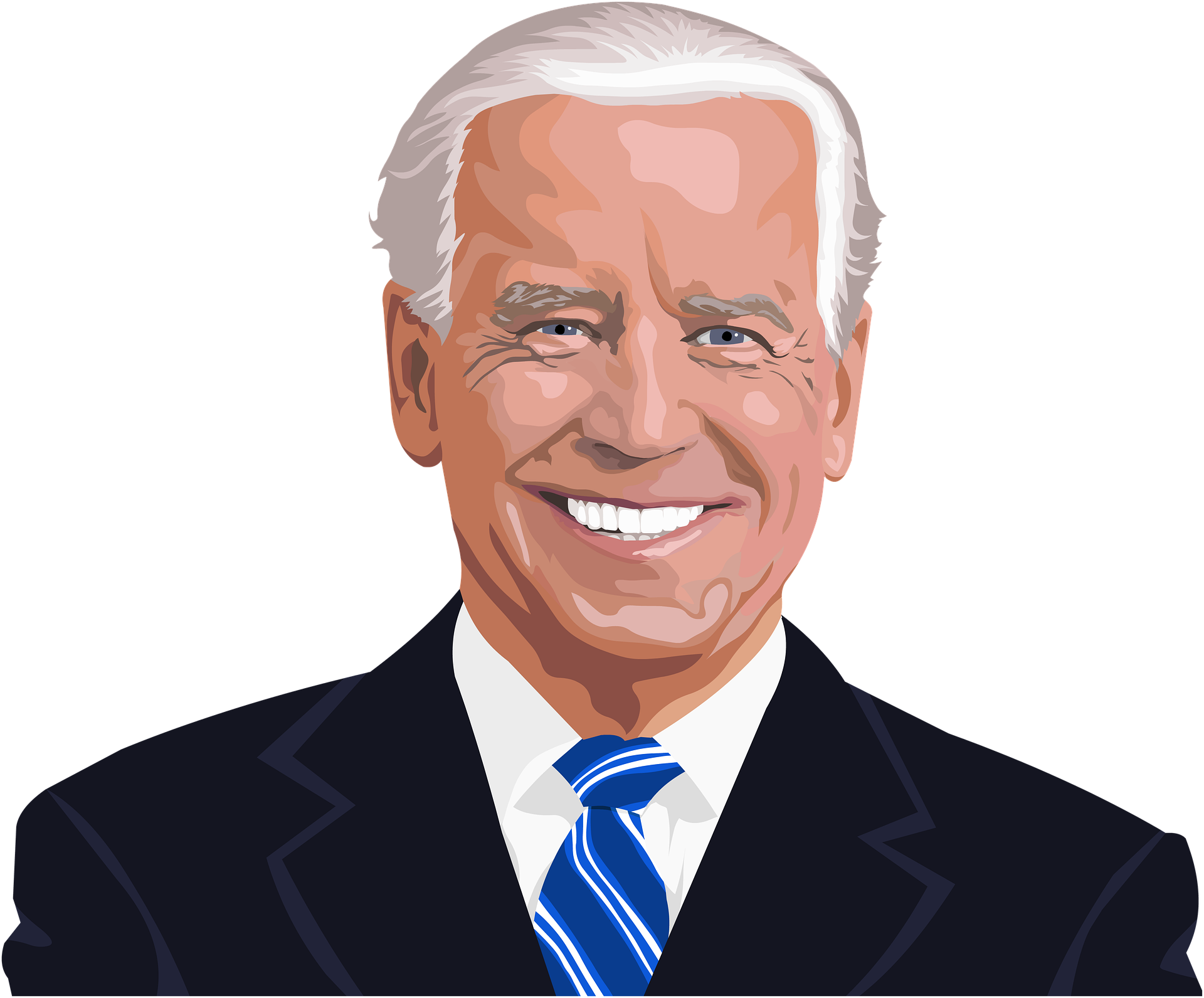Welcome back to Visalawyerblog! In this post, we bring you the latest H-1B lottery news.
Today, August 23, 2022, USCIS announced that the computer-generated H-1B lottery has been fully completed to select enough petitions to meet the H-1B regular cap and the U.S. advanced degree exemption for fiscal year 2023.
With this announcement, USCIS brings the 2023 fiscal year H-1B lottery to a close. Those wishing to participate in the program must wait until March 2023 to submit new applications for the fiscal year 2024 H-1B visa lottery.
For fiscal year 2023, USCIS previously announced that the agency received 483,927 H-1B registrations and initially selected 127,600 registrations as needed to reach the fiscal year 2023 numerical allocations. No second lottery was conducted. Those with selected registrations received notification of selection through their myUSCIS accounts including a selection notice, with details about when and where to file.
In comparison to fiscal year 2022, USCIS received 308,613 H-1B registrations and initially selected 87,500 registrations to meet the fiscal year 2022 numerical allocations. A second lottery took place which selected an additional 27,717 registrations, and a third lottery selected an additional 16,753 registrations, for a total of 131,970 selected registrations in fiscal year 2022.
What happens next?
At this point, USCIS has completed its selection process and sent out non-selection notifications via the myUSCIS online accounts to those petitioners and their attorneys who were not selected for FY 2023.
 Visa Lawyer Blog
Visa Lawyer Blog













